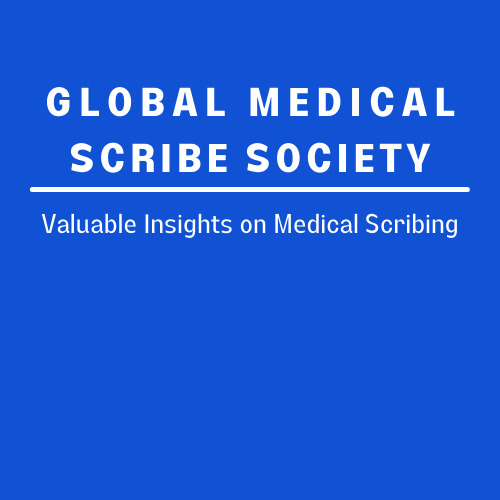Otolaryngologists are grappling with the growing regulatory requirements and documentation burden associated with the use of EHRs. The majority of otolaryngologists who chose this noble profession of medicine to care for patients ended up spending far too much time and energy documenting patient encounters. To ease this burden came in the otolaryngology medical scribes. Effective otolaryngology scribing services offer incredible benefits including streamlining clinical workflow, reducing costs, and improving practice efficiency.
What do studies say about the use of EHRs in an Otolaryngology practice?
The widespread usage of EHRs in otolaryngology clinics has been associated with increased clerical burden and reduced patient face time and quality of care. A recent national study conducted on the impact of EHRs on clinical documentation time reported that busy otolaryngologists spend more than 70 minutes interacting with the EHRs and 42 % of their time writing clinical notes. This increased workload is cited as one of the major contributors to physician burnout. The time-consuming EHR data entry tasks not only interfered with face-to-face patient care but also significantly reduced physician professional satisfaction. This was prominent among otolaryngologists who did not take the help of medical scribes. This is where the need for otolaryngology medical scribes was felt.
What do Otolaryngology medical scribes do?
Otolaryngology scribes perform a variety of tasks. They undertake to prep the notes, fill out forms, and retrieve lab/radiology reports. During the visit, they listen to and transcribe the history, the clinical impression, and the treatment plan. After the patient visit is complete they type the patient instructions and enter ICD-10 and CPT codes to ensure that proper billing levels are met. The otolaryngologist takes a look at the notes, makes modifications if needed, and signs off.
How otolaryngology scribes are beneficial to your practice
With a certified otolaryngology scribe to take over the documentation responsibilities, otolaryngologists can devote more time to patient care. It has been shown that when a practice hires ENT scribes, physicians save time and have several more hours per week to see patients. All these additional hours mean spending enough face time with patients and providing better quality care. ENT scribes were also found to considerably improve all metrics for physicians – overall physician satisfaction, charting quality and accuracy and charting efficiency. In a nutshell, ENT scribes appear to be a brilliant strategy to alleviate physician burnout by substantially reducing the documentation burden.
Let us now see what Dr. Afser Shariff, Otolaryngology (Ear, Nose & Throat) Specialist in Toledo, OH, and Kevin Michael Brady, co-founder of Physicians Angels have to say about the use of scribes.
In the article “Virtual Medical Scribes – Making electronic medical records work for you” published in The Journal of Medical Practice Management 2013 here’s what Kevin Brady & Afser Shariff say about the use of medical scribes. Medical scribes provide assistance in keeping up with the growing EHR documentation demands placed on physicians. Scribes work great in not only reducing paperwork for physicians but also in increasing the bottom line of the practice while keeping stress at bay. They help accomplish this by undertaking to document patient encounters considerably lowering the data entry burden that EHRs impose on providers.
Well, if you are an ENT specialist looking for quality and reliable ENT medical scribing services you have come to the right place. Scribe4Me is the leading provider of ENT scribes who will accurately document patient encounters on your behalf while you focus on treating your patients. What are you waiting for? Entrust your next scribing project with us. You will be just blown away.
